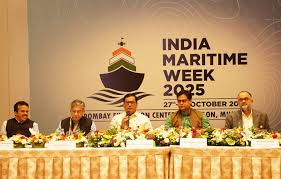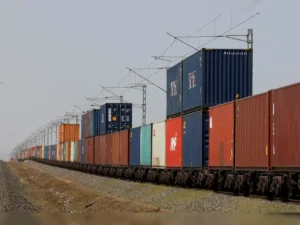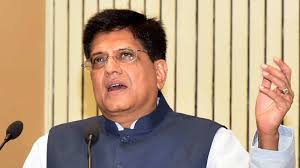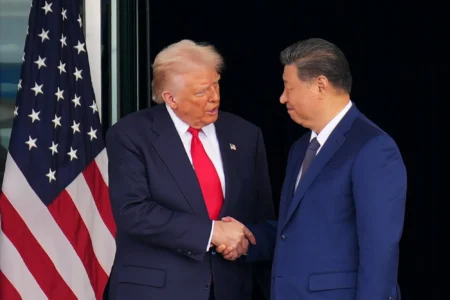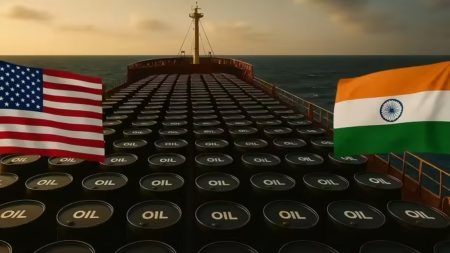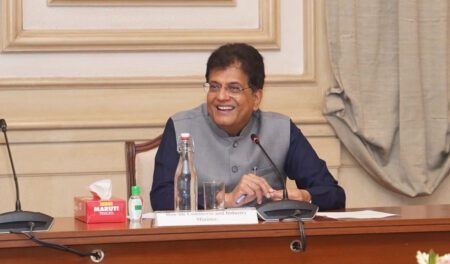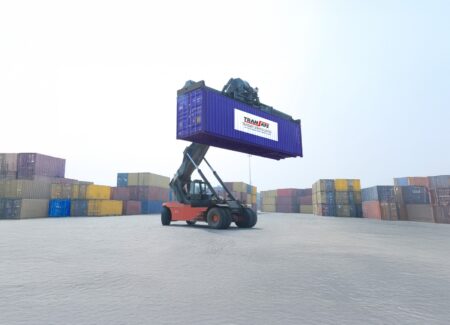CBIC allows importers and exporters to digitally revise customs documents post-clearance, easing compliance from Nov 1, 2025.
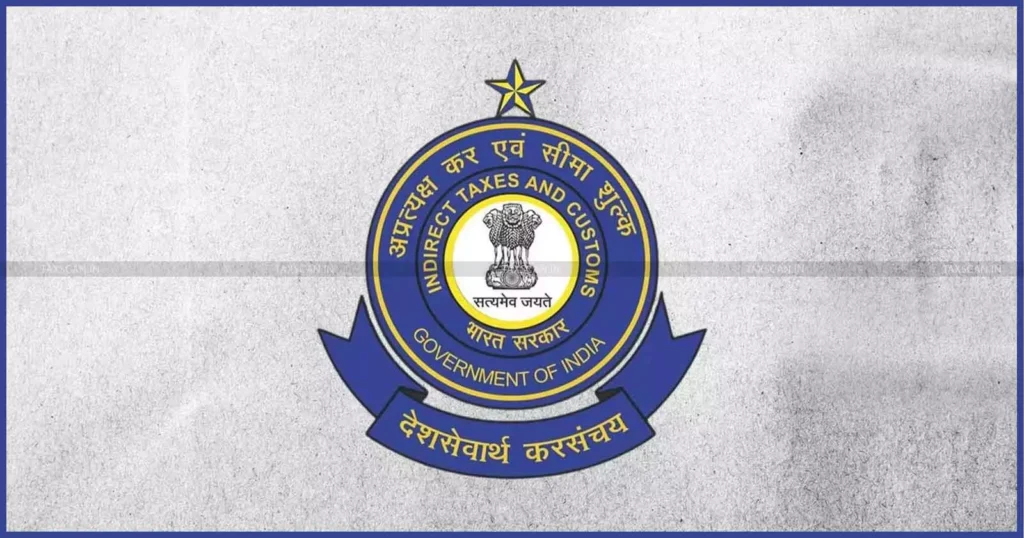
In a major policy reform aimed at simplifying customs compliance, the Central Board of Indirect Taxes and Customs (CBIC) has announced that importers, exporters, and licensed customs brokers can now digitally correct errors in customs documents even after goods have been cleared. The initiative comes into effect from November 1, 2025, under the newly notified Customs (Voluntary Revision of Entries Post Clearance) Regulations, 2025.
Issued through Notification No. 70/2025-Customs (N.T.) dated October 30, 2025, the regulation has been framed under Section 18A of the Customs Act, 1962, empowering stakeholders to amend entries in the Bill of Entry, Shipping Bill, or Bill of Export via an online system.
Under the new framework, applicants can file two types of electronic requests:
- Simple revision application
- Revision-cum-refund application (if a duty refund arises)
Each submission will attract a ₹1,000 fee, as notified separately through Notification No. 69/2025-Customs (N.T.). Applications must be filed at the same customs port where duties were originally paid.
Once accepted by the automated system, applicants will receive an Acknowledgement Receipt Number (ARN). If additional duty or interest is payable, it can be settled voluntarily through the portal. After approval, a Revised Entry Reference (RER) will be issued, officially confirming the correction.
To ensure accountability, CBIC has introduced a risk-based verification system, allowing customs officers to scrutinise selected cases. Additionally, applicants must retain all relevant documents for five years from the date of correction.
However, the CBIC clarified through Notification No. 71/2025-Customs (N.T.) that revisions cannot be requested for entries under schemes like Advance Authorisation or EPCG, where separate reversal procedures apply.
Industry observers say the digital move will reduce procedural bottlenecks, improve transparency, and support ease-of-doing-business, continuing India’s shift toward a more agile, technology-driven trade ecosystem.
Source: Taxscan


